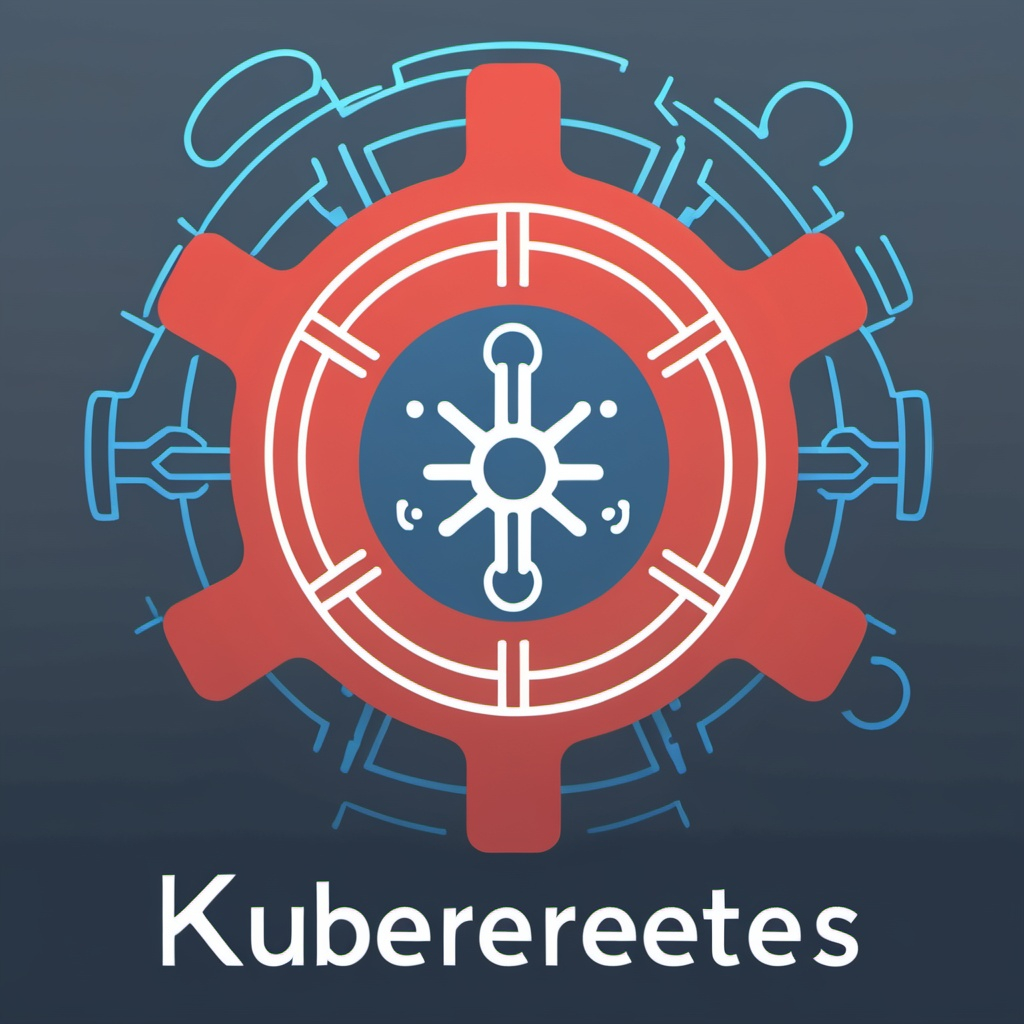
Kubernetes is one of the most popular and widely used open-source platforms for managing containerized applications. As organizations transition to cloud-native architectures, Kubernetes has become a core skill for developers, IT professionals, and DevOps engineers. Whether you’re a beginner or an experienced user looking to deepen your knowledge, there are several online courses available that can help you master Kubernetes. This article highlights some of the best online courses for learning Kubernetes, offering a variety of learning paths based on your skill level and needs.
What is Kubernetes?
Before diving into the courses, it’s important to understand what Kubernetes is and why it’s so valuable. Kubernetes is an open-source system for automating the deployment, scaling, and management of containerized applications. It orchestrates containers, ensuring that they are deployed correctly, and helps manage their lifecycle across clusters of machines.
Some of the core features of Kubernetes include:
- Container orchestration: Kubernetes automates the deployment and scaling of containerized applications.
- Self-healing: It can automatically restart containers that fail, reschedule containers, and replace containers.
- Horizontal scaling: Kubernetes can scale applications up or down according to the traffic load.
- Load balancing: It distributes traffic evenly among running containers to ensure no single container is overwhelmed.
Kubernetes is an essential tool for modern DevOps practices and cloud-native development. Learning Kubernetes not only boosts your career but also enables you to build robust, scalable, and maintainable systems.
Best Online Courses for Learning Kubernetes
1. Udemy: Kubernetes for Developers: Core Concepts
Level: Beginner to Intermediate
Duration: 6 hours
Cost: $19.99 (or less with discounts)
Overview:
This course offers an excellent introduction to Kubernetes for developers. You’ll learn core Kubernetes concepts such as pods, services, deployments, namespaces, and replicasets. It focuses on practical examples and helps learners gain hands-on experience by deploying applications to Kubernetes clusters.
Key Topics:
- Introduction to Kubernetes and its components
- Deploying applications on Kubernetes
- Managing services and pods
- Exploring Kubernetes networking
- Handling persistent storage in Kubernetes
Why Choose This Course:
Ideal for developers who want to learn how to deploy applications in Kubernetes. It’s beginner-friendly with step-by-step instructions and plenty of practical demonstrations.
2. Coursera: Architecting with Kubernetes Specialization (Google Cloud)
Level: Intermediate
Duration: 4 months (approx. 6 hours per week)
Cost: Free (audit mode) / $39 per month (certification)
Overview:
Offered by Google Cloud, this specialization provides comprehensive training on Kubernetes and cloud-native architecture. The course covers Kubernetes fundamentals, along with the best practices for deploying applications in a Kubernetes environment on Google Cloud.
Key Topics:
- Kubernetes architecture and cluster management
- Deploying, scaling, and managing applications with Kubernetes
- Setting up and managing Kubernetes clusters on Google Cloud
- Networking, security, and storage in Kubernetes
Why Choose This Course:
If you’re looking to use Kubernetes in a cloud-native environment, especially with Google Cloud, this course is perfect. It provides a detailed understanding of how Kubernetes integrates with Google Cloud tools.
3. Linux Foundation: LFS258 – Kubernetes Administration
Level: Intermediate to Advanced
Duration: 28 hours
Cost: $299 (self-paced)
Overview:
Offered by the Linux Foundation, LFS258 focuses on Kubernetes administration. This course is designed for professionals who want to manage Kubernetes clusters in production environments. It includes hands-on labs and covers the critical aspects of Kubernetes administration.
Key Topics:
- Cluster architecture and installation
- Kubernetes API and resources
- Managing deployments and stateful applications
- Monitoring and troubleshooting Kubernetes clusters
- Managing network configurations and storage
Why Choose This Course:
This is an in-depth course for those who want to become Kubernetes administrators. It’s recognized for preparing students for the Certified Kubernetes Administrator (CKA) exam.
4. Pluralsight: Getting Started with Kubernetes
Level: Beginner
Duration: 2 hours 30 minutes
Cost: Free trial available, subscription required afterward
Overview:
Pluralsight’s “Getting Started with Kubernetes” is designed for individuals who have no prior knowledge of Kubernetes. It covers the fundamentals of Kubernetes and helps you understand the ecosystem in a simple, digestible way.
Key Topics:
- Introduction to containers and Kubernetes
- How Kubernetes works
- Understanding pods, services, and deployments
- Creating and managing applications on Kubernetes
Why Choose This Course:
If you’re just starting with Kubernetes and need a solid foundation, this course is a great choice. It’s concise yet thorough, providing a clear path to understanding Kubernetes basics.
5. Udacity: Cloud DevOps Engineer Nanodegree
Level: Intermediate to Advanced
Duration: 4 months (10 hours per week)
Cost: $1,100 (with financing options)
Overview:
Udacity’s Cloud DevOps Engineer Nanodegree program includes Kubernetes as one of its core topics. The program is designed for learners who want to build real-world cloud-native applications. You will learn how to use Kubernetes for automating and managing the deployment of apps in cloud environments.
Key Topics:
- Setting up and managing Kubernetes clusters
- Automating deployments with Kubernetes
- Monitoring and scaling cloud-native applications
- CI/CD pipelines and infrastructure as code
Why Choose This Course:
This program is ideal if you want to go beyond Kubernetes and learn how to incorporate it into real-world DevOps pipelines and cloud services. It’s a comprehensive program covering Kubernetes, CI/CD, and cloud infrastructure.
6. A Cloud Guru (formerly Linux Academy): Kubernetes Deep Dive
Level: Advanced
Duration: 5 hours
Cost: Subscription required
Overview:
A Cloud Guru’s Kubernetes Deep Dive course is ideal for experienced professionals who already have a basic understanding of Kubernetes. This course provides advanced Kubernetes concepts, troubleshooting, and optimization techniques.
Key Topics:
- Kubernetes architecture and internal components
- Advanced networking and storage in Kubernetes
- Managing multi-cluster environments
- Troubleshooting Kubernetes clusters
- Kubernetes security
Why Choose This Course:
For those who want to master Kubernetes at an advanced level, this course is highly recommended. It’s packed with advanced features and techniques, making it perfect for DevOps engineers and Kubernetes administrators.
7. Kubernetes Academy by VMware
Level: Beginner to Intermediate
Duration: Self-paced
Cost: Free
Overview:
Kubernetes Academy, an initiative by VMware, offers a variety of free courses on Kubernetes. These courses are broken into short modules, making it easy for learners to pick up Kubernetes fundamentals at their own pace.
Key Topics:
- Introduction to Kubernetes concepts
- Installing and configuring Kubernetes clusters
- Kubernetes architecture and components
- Networking and services in Kubernetes
Why Choose This Course:
If you’re looking for free, high-quality training, Kubernetes Academy is a great option. The courses are beginner-friendly and easy to follow, with clear explanations and hands-on labs.
Kubernetes is an essential skill for modern DevOps engineers, developers, and system administrators. The courses mentioned above cater to learners at various skill levels, from beginners to advanced professionals. Whether you’re looking for a foundational understanding or want to master advanced Kubernetes techniques, there’s a course for you.
Consider your learning goals, the depth of knowledge you need, and your preferred learning platform when choosing a course. With the right course, you can harness the power of Kubernetes and take your skills to the next level, enabling you to manage complex cloud-native applications effectively and efficiently.






